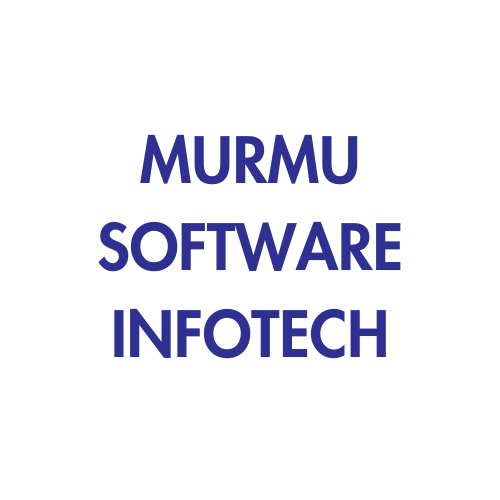
Software developers specializing in production play a crucial role in enhancing efficiency, automation, and scalability within manufacturing and industrial sectors. These developers create bespoke software solutions that streamline production processes, optimize resource allocation, improve quality control, and facilitate data-driven decision-making. This business description explores the key functions, responsibilities, and impact of software developers in the realm of production.
Software developers for production are responsible for designing, developing, implementing, and maintaining software solutions tailored to the unique needs of manufacturing and production environments. Their key responsibilities include:
Developers design and implement production management systems that oversee the entire manufacturing process. These systems often include modules for scheduling, inventory management, workflow optimization, and real-time monitoring of production metrics.
They develop automation solutions that reduce manual intervention, optimize workflow efficiency, and minimize production cycle times. This may involve integrating robotics, IoT (Internet of Things) devices, and AI-driven algorithms to automate repetitive tasks and improve overall productivity.
Developers create software for quality assurance (QA) and control processes, including statistical process control (SPC), defect tracking, and root cause analysis. These tools ensure consistent product quality and compliance with industry standards.
They integrate production software with supply chain management systems to synchronize production schedules with raw material procurement, logistics, and distribution. This integration enhances supply chain visibility and efficiency.
Implementing advanced analytics tools, developers enable manufacturers to analyze production data in real-time, identify inefficiencies, predict maintenance needs, and optimize resource utilization. This data-driven approach supports informed decision-making and continuous improvement initiatives.
The contributions of software developers in production are profound:
Automated processes and real-time data insights provided by production software enhance operational efficiency, reduce waste, and lower production costs.
Customized software solutions enable manufacturers to scale operations seamlessly and adapt quickly to changing market demands and production requirements.
Enhanced QA/QC processes ensure consistent product quality, reduce defects, and comply with regulatory standards, enhancing customer satisfaction and brand reputation.
Innovative software solutions drive technological advancements in manufacturing, enabling companies to innovate in product development and maintain a competitive edge in the market.
Looking ahead, software developers in production are likely to focus on:
– **Digital Twin Technology**: Developing digital twins of production processes to simulate and optimize operations in a virtual environment.
Implementing AI and machine learning algorithms for predictive maintenance, minimizing equipment downtime and optimizing asset performance.
Leveraging IoT and cloud computing for interconnected smart factories that enable real-time monitoring, predictive analytics, and autonomous decision-making.
In conclusion, software developers specializing in production are instrumental in driving efficiency, innovation, and competitiveness in the manufacturing sector. Their expertise in developing tailored software solutions empowers manufacturers to optimize processes, improve quality, and leverage technology to meet evolving market demands. As manufacturing continues to evolve with digital transformation, the role of software developers will remain pivotal in shaping the future of production, enabling companies to thrive in a global, interconnected economy.
Web Development | Website Builder | Ranchi Software Company | Web Builder | IT Software Company | Software Company in Ranchi | Web Developer | IT Company in Ranchi | Murmu Software Infotech | Software Service Companies | Ranchi IT Company | Website Developer in Ranchi | App Developer in Ranchi | App Developer Near Me | Application Software | Business Software | Infotech | IT Companies in Ranchi | IT Companies Ranchi | IT Company Ranchi | Mobile App Development | Software Companies in Ranchi | Software Companies in Ranchi Jharkhand | Software Company in Ranchi List | Software Developer | Software Development | Software Development in Ranchi | Software Development Near Me | Software Office Near Me | Top 10 IT Companies in Ranchi | Top Software Companies in Ranchi | Web Development Frontend | Website Designer in Ranchi | Website Designers in Ranchi | Website Developer | Website Development Company in Ranchi | Website Development in Ranchi | Website Maker